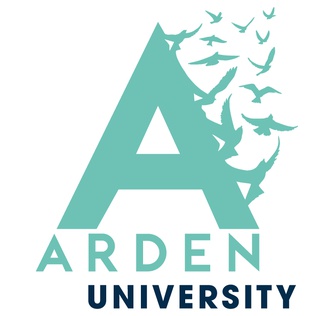📖Program Curriculum
we sometimes make changes to improve the programme or due to unforeseen circumstances.
Two weeks of optional modules in maths and statistics before the start of semester A.
For the regular pathway, choice between:
6 compulsory modules + 5 elective modules + research project (2,500 words)
6 compulsory modules + 3 elective modules + dissertation (7,000 words)
For the CFA pathway, choice between:
6 compulsory modules + 4 elective modules + research project (2,500 words) + CFA training
6 compulsory modules + 3 elective modules + dissertation (4,000 words) + CFA training
Compulsory/Core modules
Compulsory/Core modules
Corporate Finance
Corporate Finance
This course provides a broad introduction to the key issues in understanding corporate financial policy. In particular, we will investigate how companies should finance their activities by issuing securities (debt, equity and convertible claims) and the interaction of business policy with corporate financial policy. Special consideration is given to tax issues, the possible costs of financial distress, the incentives behind financial decisions and the signalling impact of those for financial market participants. The final part of the course covers some specific topics in corporate finance: dividend policy, the decision to go public, mergers and acquisitions and possibly corporate governance issues.
Elective modules
Elective modules
Financial Derivatives
Financial Derivatives
The purpose of this module is to provide students with an overview of the theory and practice of pricing and hedging derivative securities. These include forward and futures contracts, swaps, and many different types of options. This module covers diverse areas of derivatives, such as equity and index derivatives, foreign currency derivatives and commodity derivatives, as well as interest rate derivatives. This module also addresses the issue of how to incorporate credit risk into the pricing and risk management of derivatives. All the relevant concepts are discussed based on the discrete time binomial model and the continuous time BlackScholes model. The extensions of the BlackScholes model are also discussed.









